The story of Superman has always remained the same. In a desperate effort to save the Kryptonian legacy and the life of his son, scientist Jor-El sent his son Kal-El toward Earth in a spaceship. Krypton was dying, and the inhabitants were doomed. There would be only the last son of Krypton. But what happened in the days leading up to the destruction of Krypton? In Kevin J. Anderson’s novel The Last Days of Krypton, the author makes sense of one aspect of Kal-El’s history. The demise and destruction of Krypton.
Writer: Kevin J. Anderson
Cover Art: James Jean
Published: 2012
Pages: 412
Format: Paperback novel
The history behind the planet Krypton has been told in various ways by various authors. Some authors tell of a sole survivor. Others have numerous ones. Some writers label Krypton as a scientific hub, others as though the only desire is for political power. Some writers even confuse the famous “S” shield, each with their own version of what it means. Nevertheless, the end game is always the same. Krypton dies. In The Last Days of Krypton, author Kevin J. Anderson attempts to make this aspect of Superman’s history a little more coherent. Kevin J. Anderson has been heavily involved in writing since the tender age of 10. Since he started with his original story Resurrection Inc., he has moved on to the likes of Star Wars, Dune, StarCraft, and Saga of Seven Suns. Notice one underlying theme here? Yes, Anderson is heavily involved in the science-fiction genre. Some consider him a sci-fi legend. In 2007, along with DC Comics, he published The Last Days of Krypton. Did his deep sense of character and drama carry over to the convoluted tale of the end of Krypton?
The Last Days of Krypton is told from the point of view from various characters, but the main one is Jor-El. The House of El has always valued science, but in such a forward thinking way that many of Jor-El’s inventions have been labelled dangerous. You see, Kryptonian society has become complacent. They have figured out medical miracles, have no weapons of war, and worry themselves with ideas of politics. Kryptonians dare not travel the stars, although they have the means for the technology to do so. In the past they have had bad experiences with interstellar travel, and choose to keep to themselves on Krypton. Krypton is a beautiful and lush planet, capable of sustaining life for a millennium. That is, until the scientist Jor-El discovers that various factors are working toward the destruction of Krypton. The arrival of a major comet, the planet’s core is dangerously unstable, the formation of a mysterious green rock, and the power bid by Zod are all factors playing into Krypton and its downfall.
Kevin J. Anderson does a good job of giving some life and personality to a cast of characters that, aside from Zod, have little history detailing who they are. There are tales out there exploring Jor-El and the other characters, but this novel gives a nice in-depth look at their motivations and personas. Anderson also manages to describe the look and feel of Krypton, which is a combination of science and natural beauty. There are slight mentions in the advanced technology that Kryptonian society possesses, and they are done well. Advanced healing, transportation, and architecture are just a few. Perhaps the most important ideal that Anderson relays is the idea that Kryptonian society had become stale and complacent. Kryptonians have had a bad experiences with aliens, warlords, and weapons of mass destruction. This is continuously mentioned throughout the story, which helps the reader remember why the Kryptonians were so unprepared to deal with their own destruction. Zod was written particularly well, and the glimpse into his descent into madness was quite entertaining.
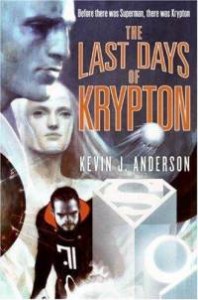
Although Anderson goes into detail about the way Krypton operates, there is also a lot that is left to be desired. It seems as though the Kryptonians were godless, having no mention of a belief outside of the praising of the sun, Rao. When it came to combat, there was zero mention of a weapon. I mean nothing at all. Not even a steak knife. Considering that a whole half of the novel had worries of civil war, this seemed a tad odd. Also, while some science was explored, there was also a lot that wasn’t. More technology could have been explored or even mentioned. Krypton also seemed like a tiny planet. When the death of the whole planet is imminent, it was a bit weird hearing about only a few cities, which seemed like they were a five minute walk away.
Anderson’s work with his characters was on and off. Jor-El and Lara started off as well rounded and entertaining characters, but Jor-El’s obliviousness to his surroundings and Lara’s lack of emotion became a bit tiring. Again, though, Zod was quite the spectacle. The idea that the whole world is on the brink of destruction and no one seemed to care actually made a little sense. Jor-El’s warnings were ignored, and Anderson addressed why relatively well. The mystery behind what actually takes out Krypton was compelling enough to wait-and-see, although the fact that there were a possible five ways for it to go down was a little irritating. There was also a huge lack of action, which at times made the story’s pace seem slow and dull. Krypton, being a fairly unexplored planet, could have also used a little more exploration. Very few animals were mentioned, the fauna nearly ignored outside of maybe one or two mentions. Architecture could have been made to seem a little bit grander, with only Jor-El’s property being properly toured.
It is hard to really suggest this book to a certain audience. The tone and writing can apply to adults or youth. Die-hard fans will mostly be annoyed by the lack of new knowledge, and new readers might be a little lost. There is some intense character drama, but no real action to satisfy or even warrant all the drama. The payoff in the end might be fine for some, but not very fulfilling for others. Krypton is a brand new planet, and could have easily been explored a lot more, rather than wasting time on redundant character motivations. The fact that Anderson tries to make a coherent history of Krypton was a little refreshing and slightly redeeming. Zod is easily likable, and the look at just some of Krypton’s technology was nice enough. Kryptonians as a society was also explained in detail, which created some atmosphere. The Last Days of Krypton may have a hard time finding the right audience, but as an entry into the lore of Krypton, it will find a home.
Mike Parente
mike@comicattack.net

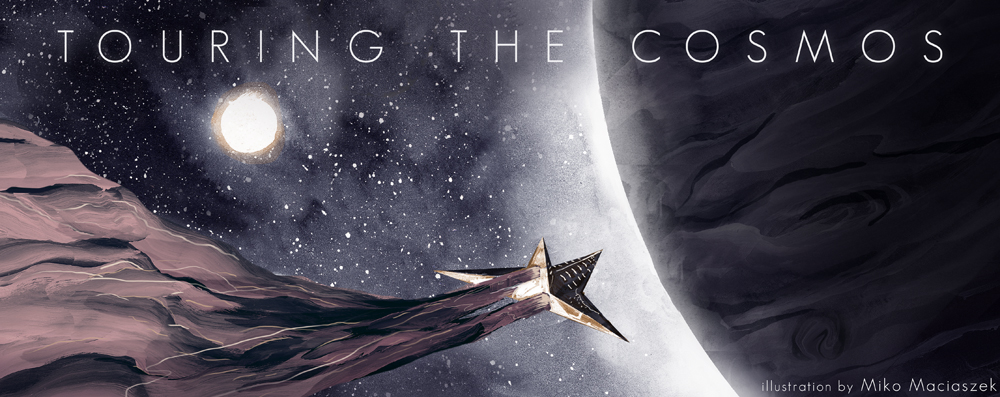
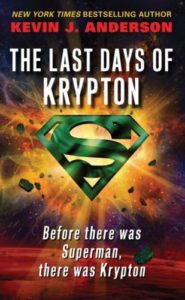
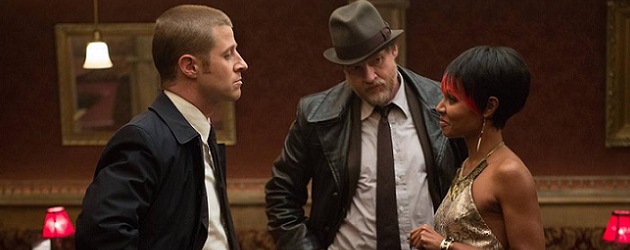
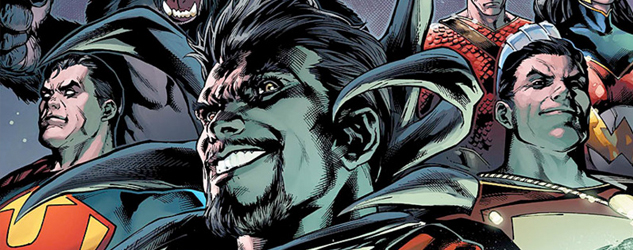
I remember buying this in 2007. Cool! I thought it looked familiar when I saw it in paperback on shelves recently. Thought, maybe I imagined it.
Great write-up.
Very good points all around.